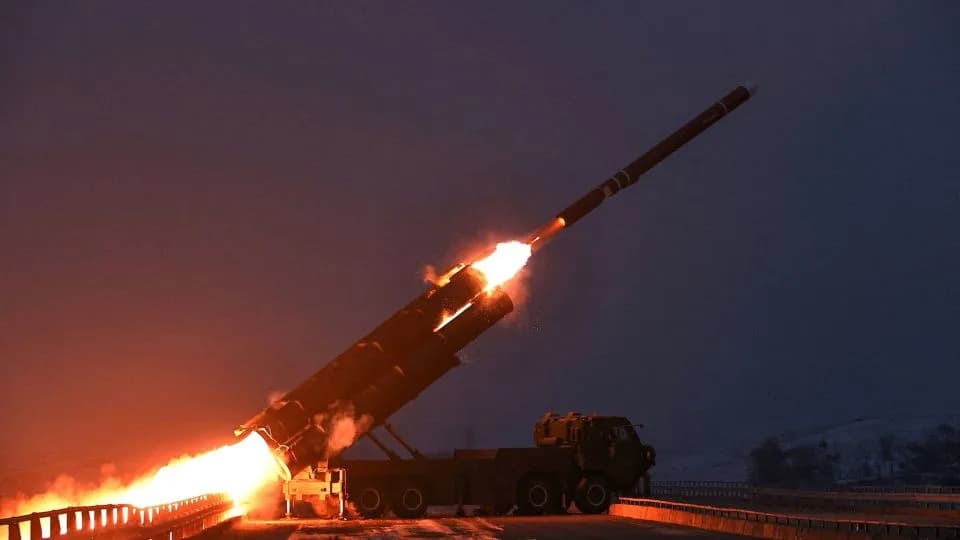Kim Jong Un visited the Ministry of State Security on its 80th anniversary, praising the agency as a "reliable companion" that has protected the ruling Workers' Party. He credited its officers with helping the party survive "hard fights against hostile forces" and urged continued loyalty. U.S. State Department reporting accuses the ministry of systematic abuses, including torture and oversight of political prison camps holding an estimated 80,000–120,000 detainees. The visit comes as North Korea tightens internal controls amid nuclear tensions and deeper ties with Russia.
Kim Jong Un Hails State Security on 80th Anniversary as Internal Controls Tighten

North Korean leader Kim Jong Un visited the Ministry of State Security on Monday to mark its 80th anniversary, praising the agency as a "reliable companion and trustworthy assistant" to the ruling party. He delivered a congratulatory address in the presence of senior officials, including Workers' Party Central Committee secretary Jo Yong Won, and credited the ministry's officers with helping the Workers' Party withstand what he called "hard fights against hostile forces."
Role of the ministry. The Ministry of State Security serves as North Korea's primary intelligence and secret-police body, responsible for monitoring external threats as well as domestic dissent. The agency has long been central to maintaining the ruling family's hold on power through extensive surveillance and suppression of perceived opposition.
Human rights allegations
U.S. State Department reporting for 2024 alleges the ministry routinely uses torture during interrogations, citing accounts of severe beatings used to extract confessions. The report documents systematic abuse of detainees, including "sexual violence, forced abortion, stress positions, inadequate food, and confinement in insect-infested facilities with inadequate heating and lack of access to medical care and bathroom facilities." It also states the ministry administers the country's network of political prison camps, estimated to hold roughly 80,000 to 120,000 prisoners.
Broader context. Kim's public praise of the security services comes as he consolidates internal controls while managing rising international pressure over North Korea's nuclear weapons program and deepening ties with Russia. South Korea recently announced it will co-sponsor the annual United Nations resolution condemning North Korea's human rights record; Seoul said it will maintain that support under President Lee Jae Myung even as his administration seeks improved relations with Pyongyang.
"It is unthinkable apart from the feats and brilliant merits of the security officers who have steadfastly followed the road of defending the revolution," Kim said in his address, urging officers and servicepersons to continue fulfilling their responsibilities to the party, state and people.
This visit underscores the regime's emphasis on internal security as a pillar of regime stability amid external pressures and diplomatic shifts.
Help us improve.


































